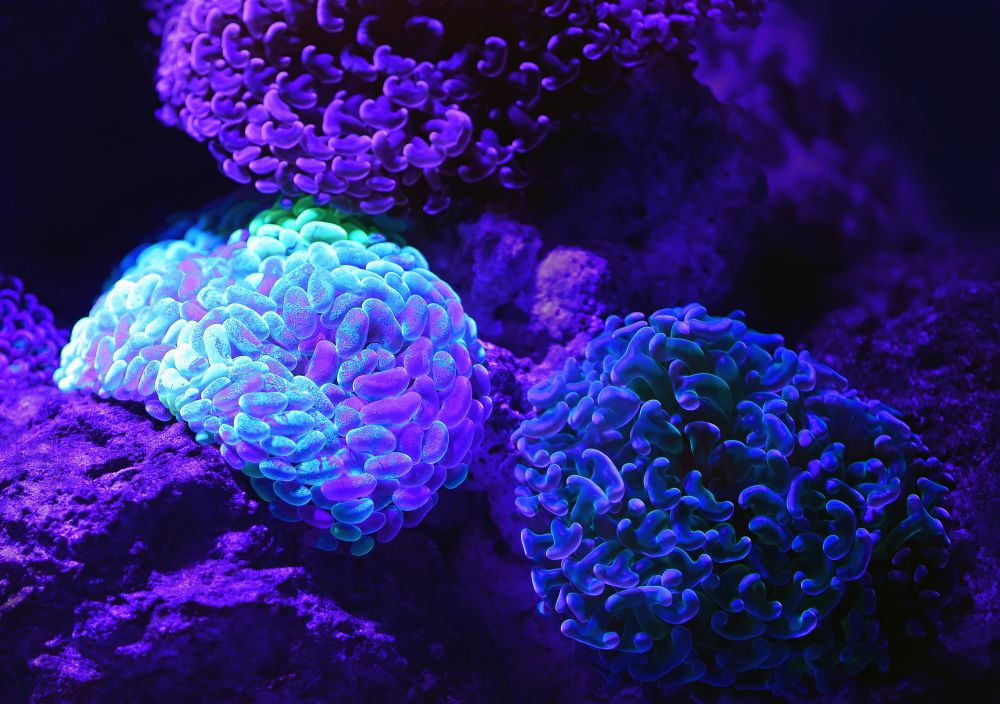Tiny pieces of plastic cause ‘gangrene’ on coral reefs
Coral reefs in Asia are being significantly damaged by billions of microplastic waste, according to new research on the issue.

Coral reefs in Asia are being significantly damaged by billions of microplastic waste, according to new research on the issue.
The researchers, led by Cornell University examined nearly 125,000 reef-building corals taken from 159 reefs in Indonesia, Australia, Myanmar and Thailand.
They found signs of disease once the coral comes into direct contact with tiny pieces of plastic. It is estimated that when plastics find their way into coral they increase the likelihood of disease from 4 percent to 89 percent.
The study was published in the journal Science.
The scientists estimated that about 11.1 billion plastic items are entangled on reefs throughout the Asia-Pacific region, and without action this could increase to over 15 billion by 2025.
The amount of plastic varied widely though. In Australia there were 0.4 items per 100 square meters, while in Indonesia the figure rose to as high as 25.6 pieces per 100 square meters. The finding highlights how regional policies on addressing plastic pollution could be playing a role.
“Our work shows that plastic pollution is killing corals. Our goal is to focus less on measuring things dying and more on finding solutions,” said senior author Drew Harvell, professor of ecology and evolutionary biology at Cornell. “While we can’t stop the huge impact of global warming on coral health in the short term, this new work should drive policy toward reducing plastic pollution.”
“Plastics make ideal vessels for colonizing microscopic organisms that could trigger disease if they come into contact with corals”, said the study’s lead author, Joleah Lamb.
“What’s troubling is that once the coral tissue loss occurs, it’s not coming back…It’s like getting gangrene on your foot and there is nothing you can do to stop it from affecting your whole body.”
However, Lamb concluded that we can tackle the issue: “This study demonstrates that reductions in the amount of plastic waste entering the ocean will have direct benefits to coral reefs by reducing disease-associated mortality.”
The study comes at a time of heightened action on plastic pollution around the world. At the World Economic Forum in Davos, 11 international companies committed to recycling all packaging by 2025; last week the European Union also published its strategy to ensure all plastics within its market are recycled by 2030.
Image Credit: David Clode
